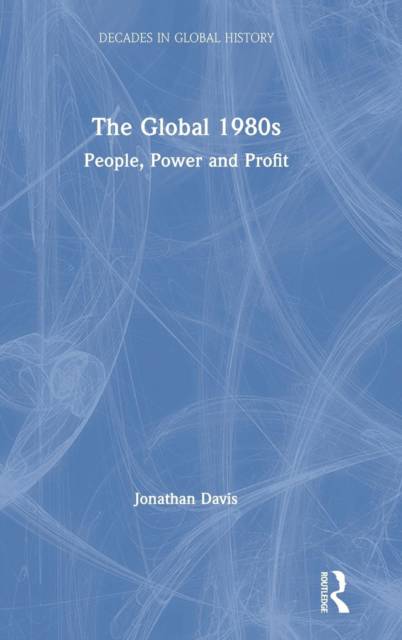
- Afhalen na 1 uur in een winkel met voorraad
- Gratis thuislevering in België vanaf € 30
- Ruim aanbod met 7 miljoen producten
- Afhalen na 1 uur in een winkel met voorraad
- Gratis thuislevering in België vanaf € 30
- Ruim aanbod met 7 miljoen producten
Omschrijving
The Global 1980s takes an international perspective on the upheaval across the world during the long 1980s (1979-1991) with the end of the Cold War, a move towards a free-market economic system, and the increasing connectedness of the world.
The 1980s was a decade of unimaginable change. At its start, dictatorships across the world appeared stable, the state was still seen as having a role to play in ensuring people's well-being, and the Cold War seemed set to continue long into the future. By the end of the decade, dictatorships had fallen, globalisation was on the march and the opening of the Berlin Wall paved the way for the end of the Cold War. Divided into four chronological parts, sixteen chapters on themes including domestic politics, the global spread of democracy, international relations and global concerns including AIDS, acid rain and nuclear war, explore how world-wide change was initiated both from above and below. The book covers such topics as ideological changes in the liberal democratic west and socialist east, protests against nuclear weapons and for democratic governance, global environmental worries, and the end of apartheid in South Africa.
Offering an overview of a decade in transition, as the global order established after 1945 broke down and a new, globalised world order emerged, and supported by case studies from across the world, this truly global book is an essential resource for students and scholars of the long 1980s and the twentieth century more generally.
Specificaties
Betrokkenen
- Auteur(s):
- Uitgeverij:
Inhoud
- Aantal bladzijden:
- 288
- Taal:
- Engels
- Reeks:
Eigenschappen
- Productcode (EAN):
- 9781138818361
- Verschijningsdatum:
- 2/04/2019
- Uitvoering:
- Hardcover
- Formaat:
- Genaaid
- Afmetingen:
- 156 mm x 234 mm
- Gewicht:
- 594 g

Alleen bij Standaard Boekhandel
Beoordelingen
We publiceren alleen reviews die voldoen aan de voorwaarden voor reviews. Bekijk onze voorwaarden voor reviews.











